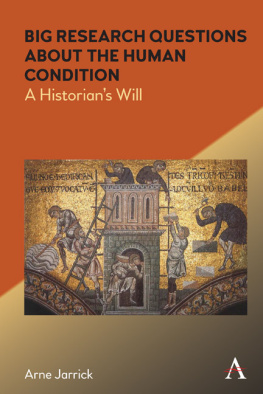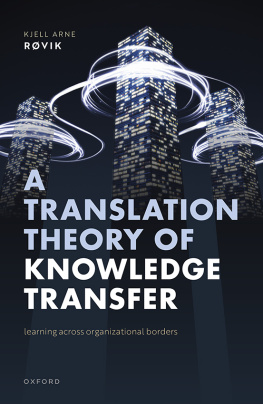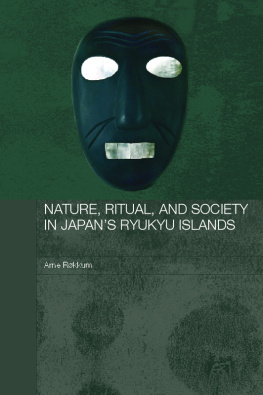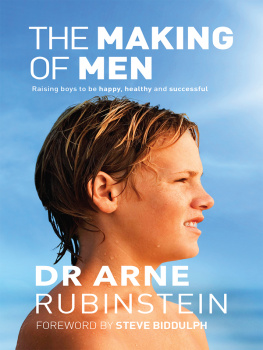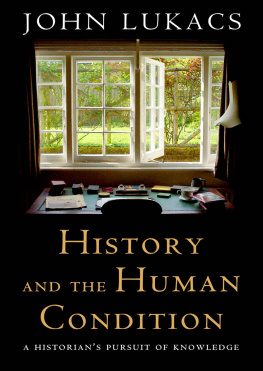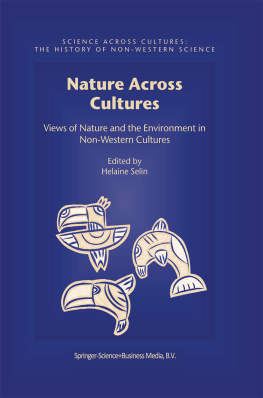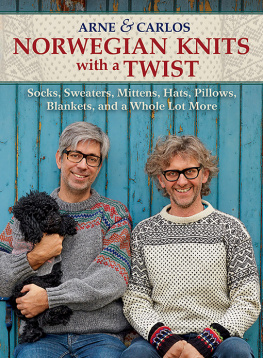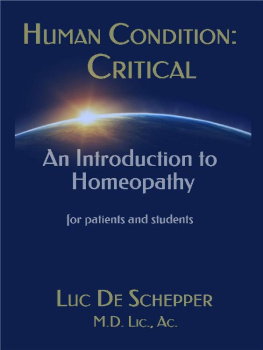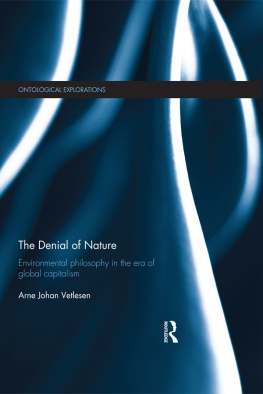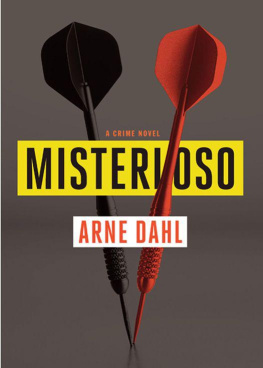Anthem Press
An imprint of Wimbledon Publishing Company
www.anthempress.com
This edition first published in UK and USA 2021
by ANTHEM PRESS
7576 Blackfriars Road, London SE1 8HA, UK
or PO Box 9779, London SW19 7ZG, UK
and
244 Madison Ave #116, New York, NY 10016, USA
Copyright Arne Jarrick 2021
The author asserts the moral right to be identified as the author of this work.
All rights reserved. Without limiting the rights under copyright reserved above, no part of this publication may be reproduced, stored or introduced into a retrieval system, or transmitted, in any form or by any means (electronic, mechanical, photocopying, recording or otherwise), without the prior written permission of both the copyright owner and the above publisher of this book.
British Library Cataloguing-in-Publication Data
A catalogue record for this book is available from the British Library.
ISBN-13: 978-1-78527-567-8 (Hbk)
ISBN-10: 1-78527-567-4 (Hbk)
This title is also available as an e-book.
This study was done at the Centre for the Study of Cultural Evolution, Stockholm University, founded in 2007 by ethologist Magnus Enquist and me. It is a truly interdisciplinary milieu, hosting researchers from very different disciplines and faculties, such as biology, mathematics, archaeology, linguistics, history and so on. My long-term interaction with people at the Centre has had a great impact on my intellectual orientation and has been essential for the progress of my treatise. I am especially thankful to Magnus, first of all for the profoundly thought-provoking discussions we have had ever since 2000 when we started a project on theories of culture, funded by the Swedish Riksbankens Jubileumsfond (RJ), and second for the extra money, granted by the Wallenberg foundation, he has provided for the final funding of this publication.
Also other colleagues and friends have contributed with substantially useful comments and suggestions on numerous aspects of the project. My most important interlocutor has been historian Janken Myrdal, my friend and colleague since the early 1970s. I have learnt immensely from my never-ending conversations with him, an impressively learned as well as a uniquely ingenious mind and I am still learning from his reflections, often coming from completely unexpected angles.
The project started as a joint initiative between us, aimed at overcoming the fragmentation characterising the humanities today in Sweden as elsewhere. As mentioned in Chapter 1, the first thing we did was to organise a workshop where each of the about 15 humanities scholars were invited to suggest 25 profound but insufficiently addressed research questions about the human condition. The workshop, generously funded by RJ and The Royal Swedish Academy of Letters, History and Antiquities, was very fruitful. It resulted in 5060 suggestions from the participants. I am very grateful for the collection of innovative suggestions they offered it has been crucial for the continuation of the project. From this rich intellectual repertoire Myrdal and I condensed 15 overarching questions which we presented in the Swedish academic journal Respons. This would not have been possible without the thorough and adequate minutes taken by the classical archaeologist Lena Johansson de Chateau, as well as by archaeologist Kerstin Lidn.
Business economist Kerstin Sahlin and historian Poul Holm have read the entire manuscript. They have given very different but equally useful comments and suggestions. Writer Per Molander, with a background in mathematics, shared his distinct thoughts on my presentation of his and other researchers analyses and discussions on equality and egalitarianism. Theatre historian Karin Helander delivered friendly but clear-cut critical views on my discussion of aesthetics in .
Some years ago Myrdal and I presented our thoughts on the big research issues to historians at Lund University. Their sceptical but thoughtful reactions have been built into the present study. The same applies to the mostly positive reactions from historians discussing our presentation on a seminar at bo University. I have also presented our mission at various international occasions: the global humanities conference, Hanover, 2014; a seminar at the University of Campinas, Sao Paolo, Brazil, 2016; the UNESCO conference on humanities, Lige, 2017; and an international SIDA (Swedish International Development Authority) conference on the humanities, Stockholm, 2018. On the whole I have received reassuringly positive feedback from all these events, but also some criticism that has forced me to reconsider some of my thoughts. I am grateful to all these critical interventions, which I hope contributed to improve the study, whose remaining shortcomings I am of course exclusively accountable for.
I also want to thank Dag Rets, Department of Economic History, Stockholm University, for the permission to republish free of charge The Pressure to Conform, the Need to Rebel: A Historical Project on Resisting Group Pressure (see reference list) as one part of .
At a late stage The Royal Swedish Academy of Letters, History and Antiquities generously decided to grant money for an open-access edition of my book, which I think is key to the spread of my message.
Last, but absolutely not least, I want to express my warmest gratitude to Anna-Lena Lfberg for indispensable and very generous help with all sorts of practical and legal issues, such as copy rights et cetera, but also for very good advice on numerous pressing matters at the very last minutes of this project.
I have long pleaded that humanities scholars should intensify and improve their efforts to try and find distinct answers to their research questions. They need to sincerely crave real results, that is to say, to advance knowledge. If they are successful in their endeavours, it means that they manage to learn something about the phenomenal world that they did not know in advance. I think that humanists should regard such new pieces of knowledge as findings, since this is just what they are. Well, discoveries would be just as appropriate. There is nothing dramatic in a claim like this. A scientific finding (or discovery) is simply something specific that has been found out about the world be it inside or outside the living creatures inhabiting that world.
Once they gain real results, humanities scholars should also present them in terms of results (that is to say with claims to truth) and resist a certain fashionable temptation to degrade them into personal interpretations or biased perspectives that are dependent on their subjective vantage point or something similar that tends to belittle although in their view ennoble what they have accomplished.
Why do I emphasise the need for such a seemingly self-evident attitude to science and research in the humanities? Simply because it is not as self-evident among humanities scholars as one would wish. Far too many of them are unaccustomed to thinking, writing and talking about their achievements in terms of distinct scientific findings or results. When asked to mention important knowledge gains in their field of research, disappointingly many have nothing (or next to nothing) to offer. The interview quoted below is a typical example. It is a translated and slightly edited extract from a recent investigation into the condition of the humanities at a regional university in Sweden:



